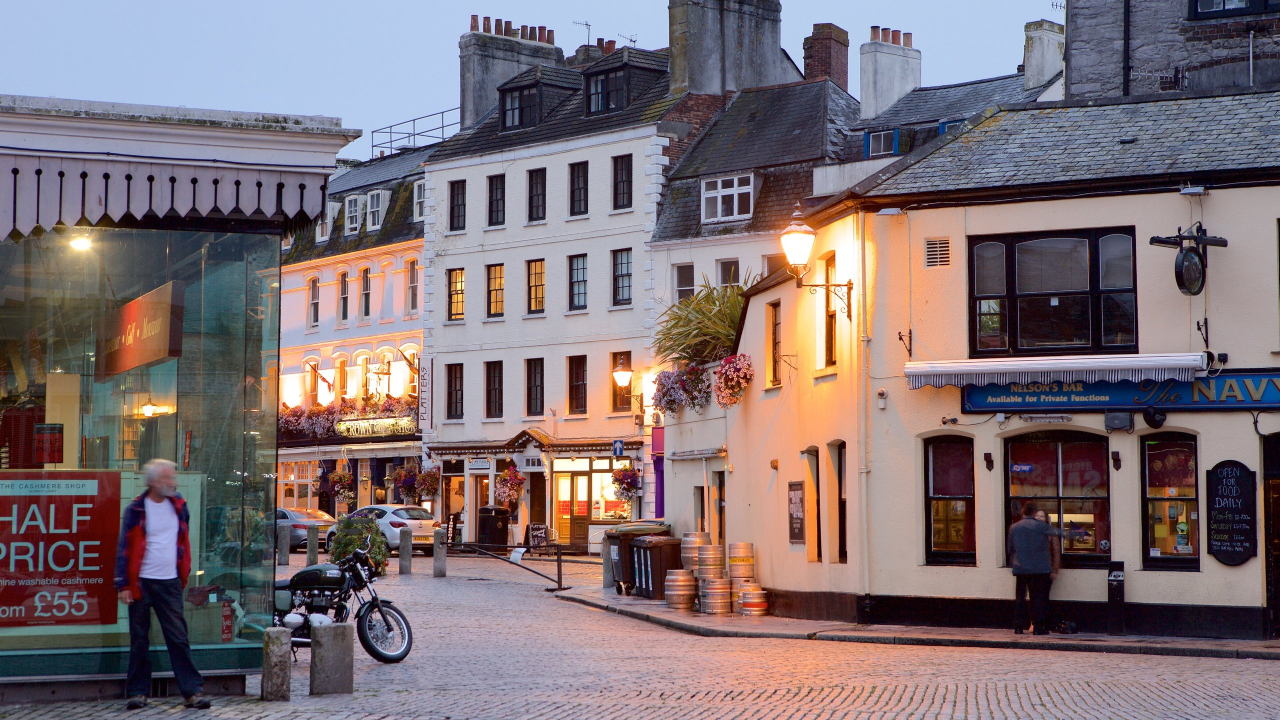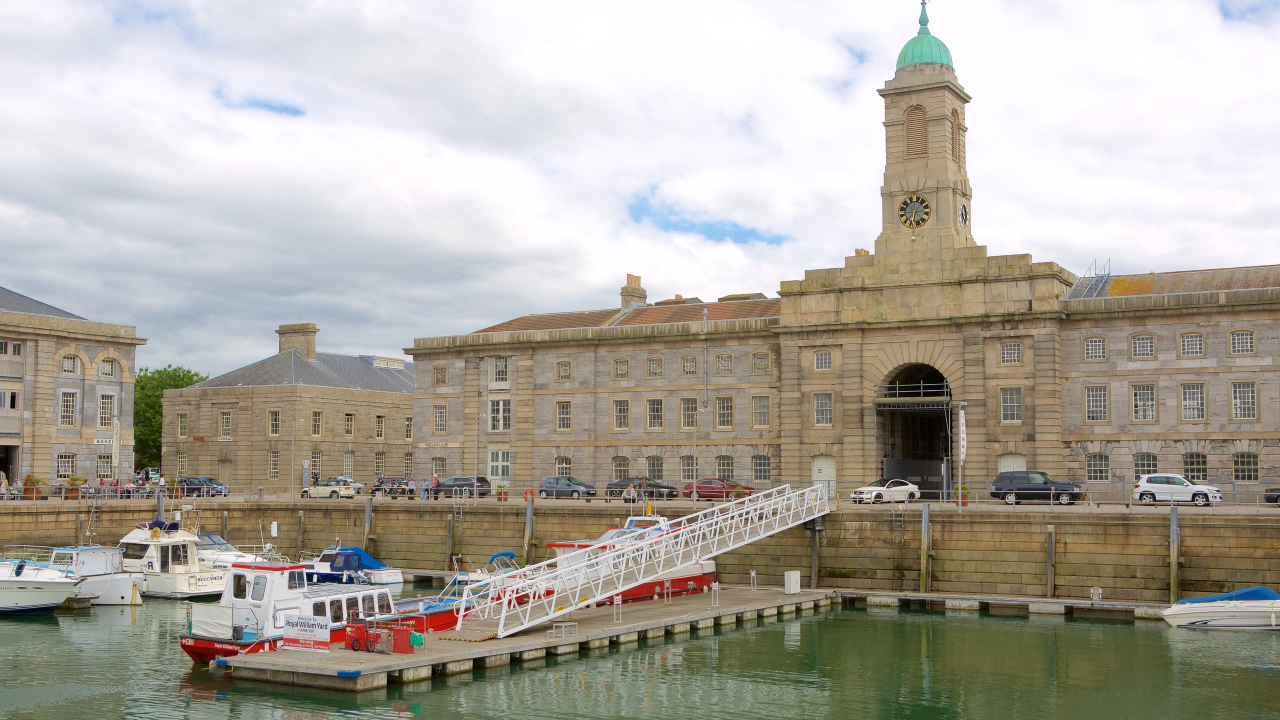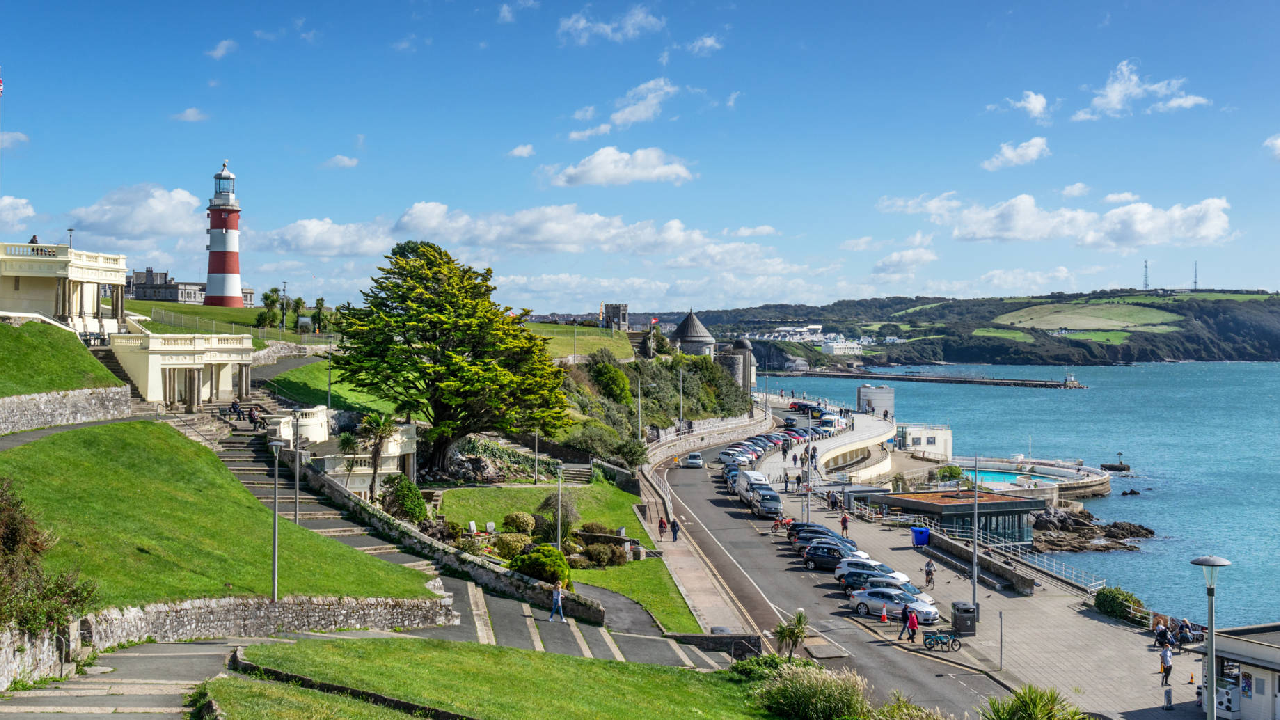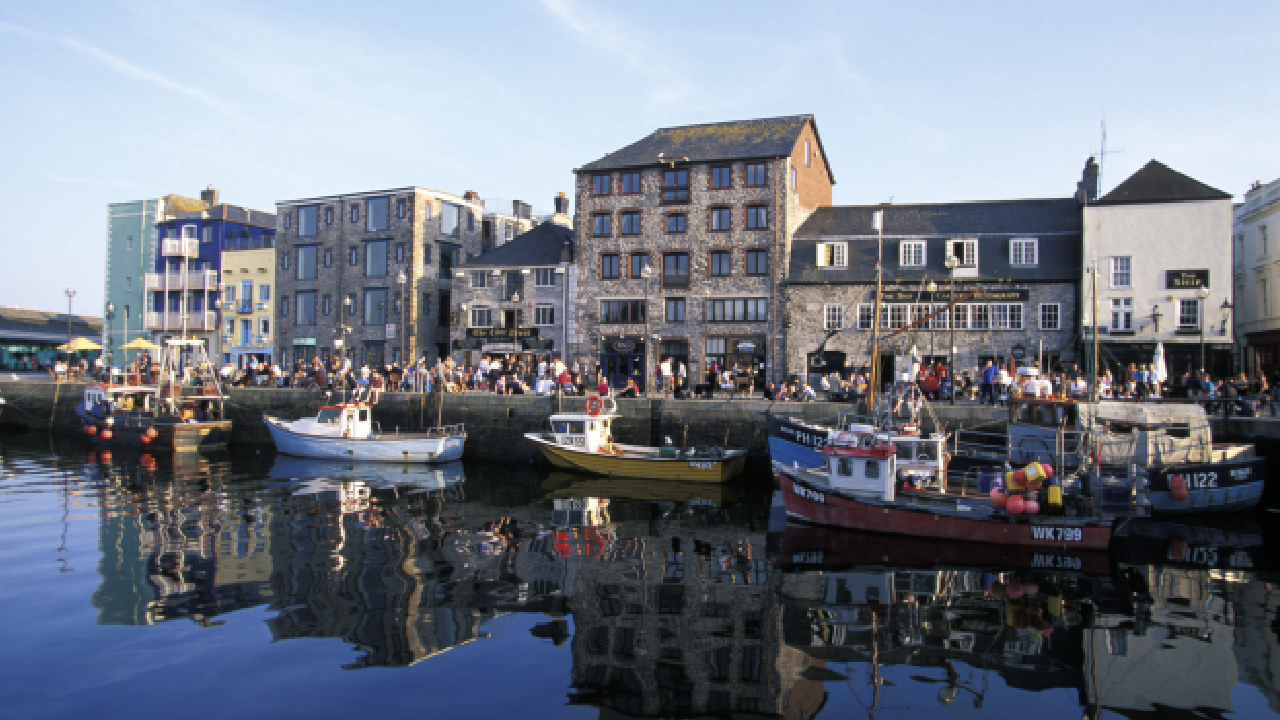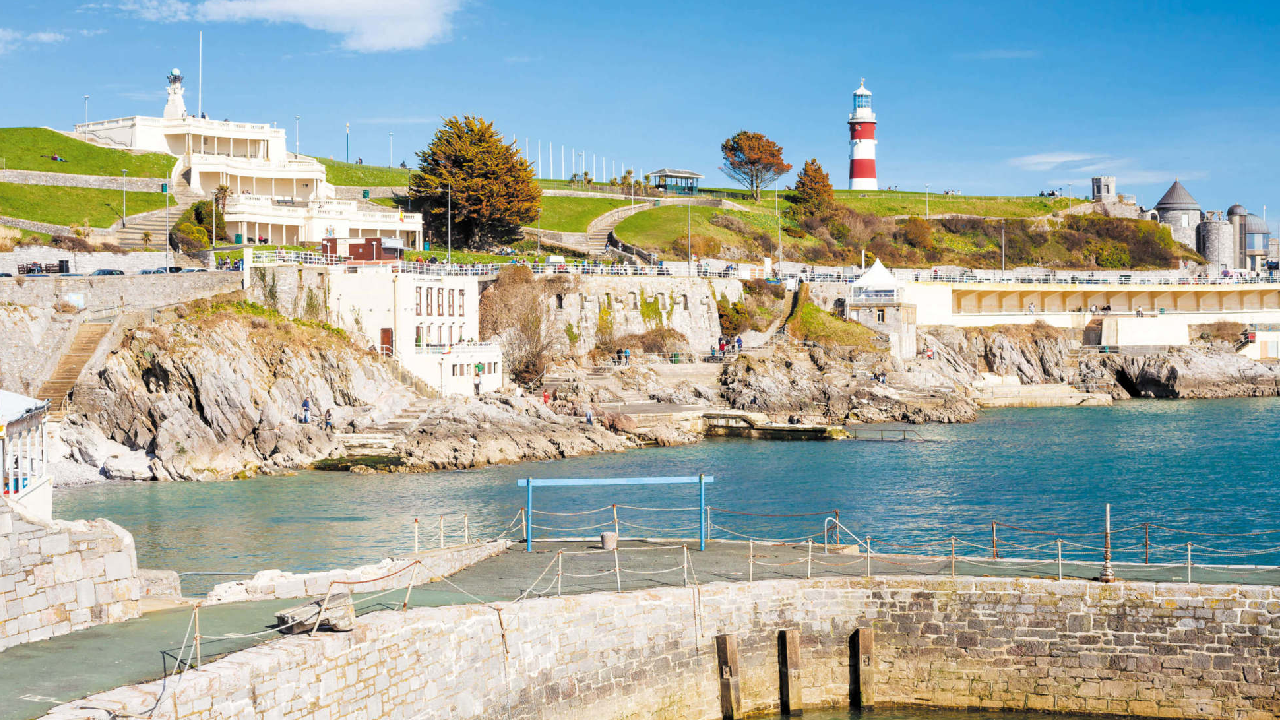How to get to Plymouth
Plymouth, Britain’s Ocean City, is located between the picturesque counties of Devon and Cornwall in the UK’s South West. Boasting a range of nautical, cultural, and historic activities, it provides a vibrant backdrop to this year's EBMA conference- for more information on the city and its attractions, see VisitPlymouth.co.uk
Plymouth, Britain's Ocean City, is one of Europe's most vibrant seaside towns. A historic city with plenty to explore.
Located in one of the most beautiful places imaginable, Plymouth is wedged between the incredible coastline of the South West and the wild beauty of Dartmoor National Park. It's a cultural and modern city, with arts, entertainment and excellent shopping.
Visit the Barbican and Sutton Harbour for picturesque cobbled streets and a quaint harbour. Here you'll also find the National Marine Aquarium - the largest in the UK with over 4,000 animals and the perfect place to spend a rainy day.
History fans should stop off at the Mayflower Steps and the neighbouring Mayflower Museum. Learn all about the departure of the Pilgrims on the Mayflower ship, who sailed from the UK to the USA in 1620 in search of religious freedom.
The Hoe is home to the striking red-and-white striped former lighthouse, Smeaton’s Tower, the art-deco, open-air swimming pool Tinside Lido and a number of statues and memorials.
You can even navigate the city by boat – one of the best ways to appreciate this wonderful place is on the water. The waterlinks are impressive, joining up the Barbican, Mount Batten, Royal William Yard and even further afield into Cornwall, with regular ferries running to Mount Edgcumbe and Cawsand.
Rain or shine, Britain’s Ocean City is home to breathtaking views and the stage for the most unforgettable memories!
Whilst Plymouth does not have its own airport, it is connected by road and rail to a number of UK airports, including Exeter, Bristol, Birmingham, and those in London.
London Heathrow and Gatwick have rail links to major terminals that connect easily and directly to Plymouth, and cross-London travel is frequent and accessible. Details of airport and rail connections within London can be found at Transport for London.
Plymouth Railway Station is within five-minute walk of the University of Plymouth city centre campus. It is connected by regular services to the rest of the UK. Regular trains run from major London stations, such as a direct service to London Paddington. Details of train services can be found at Transport for London, TheTrainline.com, and through National Rail.
The conference organisers have negotiated a substantive discount (up to 80% off) on rail travel with GWR but strict conditions must be adhered to. More details can be found in this PDF file and we recommend that if you intend to book the discounted fares that you consult this PDF document first. The PDF document contains examples of how to combine train travel if you need to use services other than GWR for part of your train journey in the UK. You must have proof of your conference registration with you and the train conductor (ticket collector) may ask for this proof of registration when you are on the train. Please use the link below and not the main GWR page or other travel discount sites when booking travel as this will automatically apply the discounted fare if you select “Plymouth Conference”, outbound tickets are fixed time and dates and cannot be changed, the return leg is flexible.
Travel times to Plymouth are typically 1 hour from Exeter, 2 hours from Bristol, and 3.5 hours from Birmingham and London.
- Our conference fares are only available to delegates. You will be asked to produce a confirmation by the train manager
- Conference fares are available from most stations on the GWR network
- Outbound tickets are fixed, times and dates cannot be changed. The return journey is fully flexible
- Conference fares are only available via GWR.com
If you travel by car, please use the postcode PL4 8AA for the University of Plymouth address.
The M4, M5, and A38 are Plymouths major connections to the UK road network, providing easy access to the North and South-East of the UK. Thes roads are multi-lane and easy to navigate if travelling by car, and numerous bus and coach service are available between travel hubs such as Exeter, Bristol, Birmingham, and London.
Details can be found at National Express, Megabus, Flixbus, and Omio, among other providers.
Brittany Ferries operates ferry services from Roscoff (France) and Santander (Spain). The ferry port in Plymouth is accessible by road and on foot, and is directly adjacent to the city centre and within a short walk of the University.
For more information on how to travel to the University of Plymouth please visit: https://www.plymouth.ac.uk/about-us/visit/getting-here
Key Dates
- Early Bird 8 March
- Abstract submission deadline 23 February
- Early Author Notification 26 January
- Author Notification 1 March

